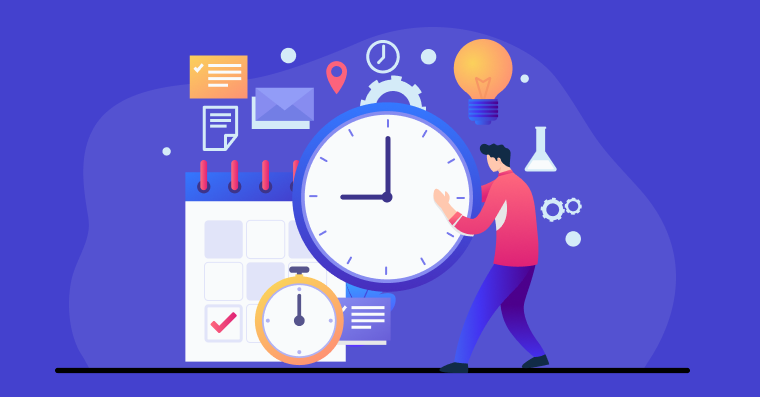In the journey toward financial stability, navigating the myriad of debt relief options can be daunting. For those seeking assistance, non-profit debt consolidation programs can be a beacon of hope. These programs offer support and guidance to individuals overwhelmed by debt, providing a path towards consolidation and eventual freedom from financial burden. In this blog, we’ll explore essential tips for choosing the right Non Profit Program to help consolidate Debtto suit your needs.
Research and Compare:
Before committing to a non-profit debt consolidation program, it’s crucial to conduct thorough research and compare your options. Explore different non-profit organizations that offer debt consolidation services and assess their track record, reputation, and accreditation. Look for reviews and testimonials from past clients to gauge their satisfaction with the program’s effectiveness and customer service.
Evaluate Services Offered:
Not all Non Profit Program to help consolidate Debt are created equal. Evaluate the range of services offered by each organization to ensure they align with your specific needs and financial goals. Some programs may focus solely on debt consolidation, while others may provide additional services such as financial counseling, budgeting assistance, and debt management education. Choose a program that offers comprehensive support to help you address the root causes of your debt and develop healthy financial habits.
Check Accreditation and Credentials:
When selecting a non-profit debt consolidation program, it’s essential to verify the organization’s accreditation and credentials. Look for certifications from reputable accrediting bodies such as the National Foundation for Credit Counseling (NFCC) or the Financial Counseling Association of America (FCAA). Accredited organizations adhere to strict ethical standards and are more likely to provide reliable and trustworthy services.
Understand Fees and Costs:
While non-profit debt consolidation programs are designed to help individuals in financial distress, it’s essential to understand the fees and costs associated with their services. Some organizations may charge upfront fees or monthly maintenance fees for administering the consolidation plan. However, reputable non-profit organizations typically operate on a nonprofit basis, with fees kept to a minimum to cover administrative expenses. Be wary of any program that promises debt relief but requires substantial upfront payments.
Transparency and Communication:
Effective communication and transparency are key factors in a successful debt consolidation program. Choose a non-profit organization that prioritizes open and honest communication, providing you with clear information about the consolidation process, fees, and expectations. A reputable program should also be responsive to your inquiries and provide regular updates on your progress towards debt repayment.
Seek Personalized Guidance:
Every individual’s financial situation is unique, and a one-size-fits-all approach may not be suitable for everyone. Look for a non-profit debt consolidation program that offers personalized guidance and tailored solutions based on your specific circumstances. A dedicated financial counselor or advisor should work closely with you to understand your goals, assess your debts, and develop a customized consolidation plan that fits your needs.
Final Thoughts
Choosing the right non-profit debt consolidation program is a crucial step towards achieving financial stability and freedom from debt. By conducting thorough research, evaluating services, checking accreditation, understanding fees, prioritizing communication, and seeking personalized guidance, you can make an informed decision that aligns with your financial goals. Remember, the journey towards debt relief may not be easy, but with the right support and guidance, you can overcome financial challenges and build a brighter future.


